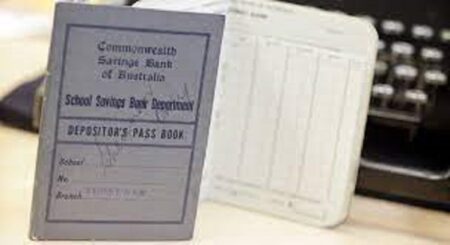THE federal Treasurer has ordered the Australian Competition and Consumer Commission (ACCC) to investigate how banks set interest rates for savers.
The investigation was prompted by the age-old complaint about banks passing Reserve Bank cash rate hikes on in full to borrowers, but dragging their feet to the point of immobility on raising deposit rates.
Australian households together hold more than $1.3 trillion in savings and deposit accounts.
That total really matters. For example, if the average deposit rate were to be one-tenth of a per cent lower than it should be, that would be $1.3 billion in the banks’ pockets rather than depositors’ pockets.
The cash rate target set by the Reserve Bank has increased from 0.1 per cent to 3.6 per cent. In most cases, banks have fully passed through the cash rate target increases to their mortgage interest rates.
However, the increases in interest rates on deposit accounts appear to have typically been smaller and less consistent.
In many cases, banks have only applied increases in the cash rate to some of their deposit products, often with conditions attached.
The ACCC has said it will examine the extent to which depositors can benefit from shopping around and switching.
The ACCC is expected to release an issues paper in the coming months. It has to report to the Treasurer by 1 December 2023.
It will be interesting to see if just the fact that the ACCC is doing an investigation will prompt banks to become more generous in the interest rates they offer on deposits.
The ACCC investigation will also look at any differences in rates paid to new and to existing customers. If you are a loyal bank customer, you don’t qualify for the sometimes attractive offers designed to attract new customers. Is this fair?
Bank interest rates also differ according to the size of the deposit. Deposit more than, say, $50,000, and you will get a significantly higher rate over all of your deposits, including the first, say, $10,000. Somebody who deposits $10,000 only may get a much lower rate. Is this fair?
Then there is the fact that term deposits by institutions such as managed funds tend to get a higher rate than deposits by somebody who walks in off the street. Is this fair?
The investigation will also look at fees and charges, including break fees.
The ACCC will also look at the curious practice by the banks to wait and see what the competition does following a hike in the Reserve Bank’s cash rate.
Then there’s the question of what deposits are used for by the bank. The bank rents your money and then rents it out for more. That much is clear, but is it rented out to people who take out a mortgage or is it rented out as an unsecured personal loan to a teenager buying their first car?
How much do banks pay for money they don’t source from deposits but which they borrow in different ways?
Does all this work differently for small banks as compared with big banks?
The ACCC’s report to the Treasurer will offer a fascinating look in the money kitchens of our financial institutions, even if afterwards the banks continue business as usual and put up mortgage rates higher and faster than deposit rates.
